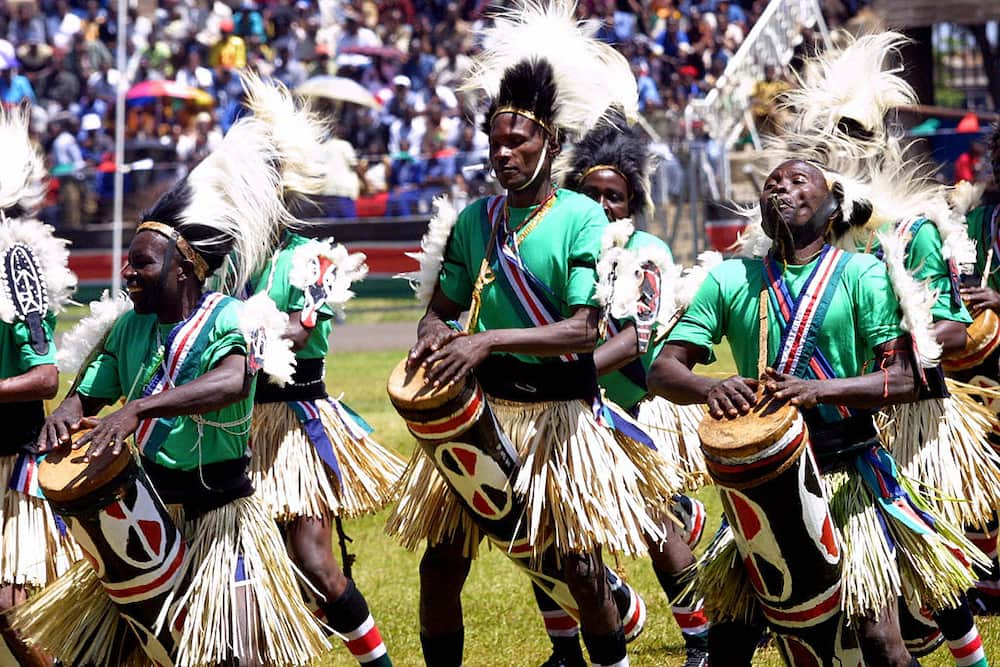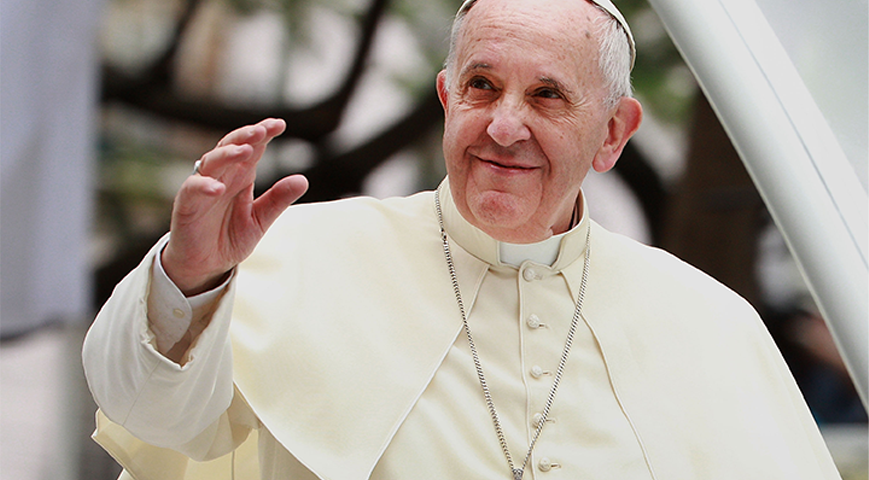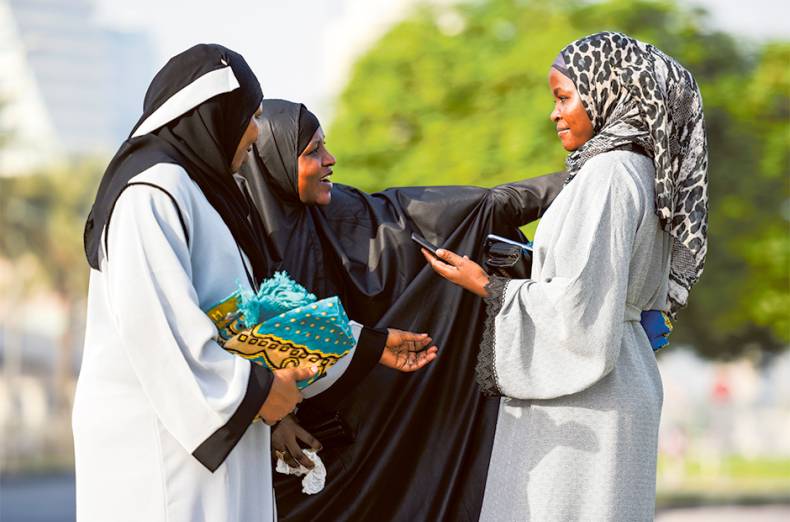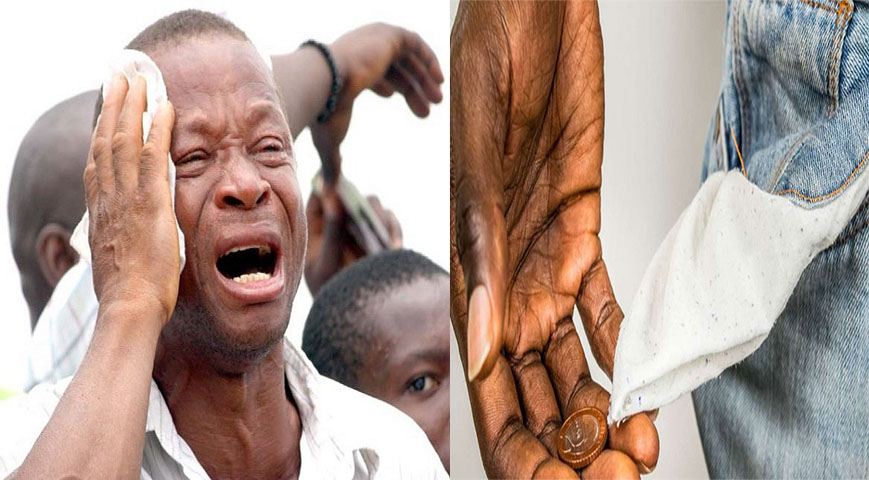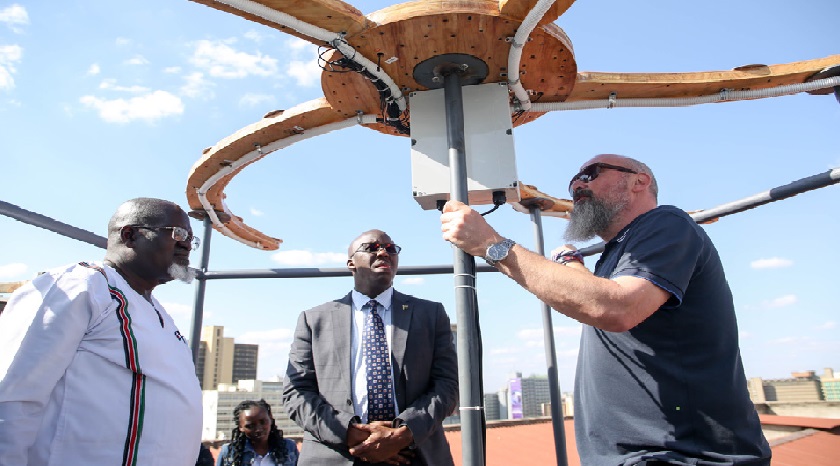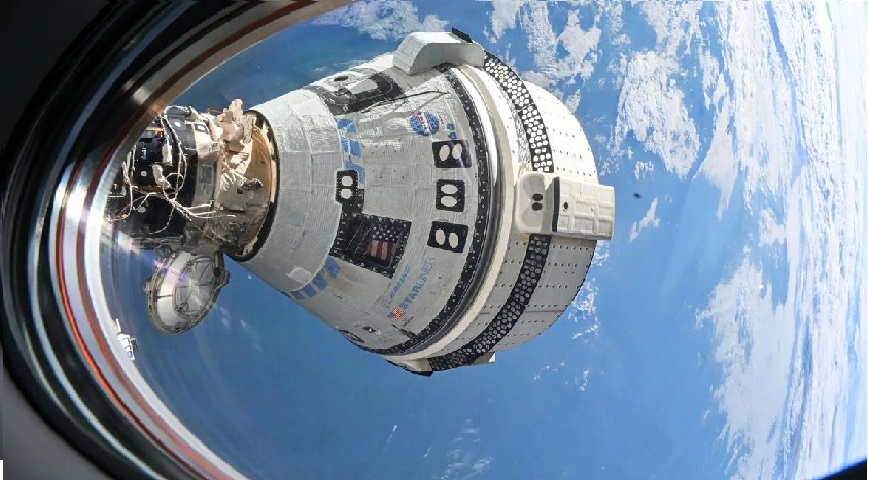Madaraka Day is a significant national holiday celebrated in Kenya on the 1st of June each year. It commemorates the day when Kenya gained internal self-rule from British colonial rule in 1963.
While the day holds great historical and cultural significance, several fun and interesting facts are associated with Madaraka Day. Let's explore some of these fascinating aspects.
To begin with, Madaraka Day gets its name from the Swahili word "Madaraka," which means "power" or "authority." This name reflects the essence of the holiday, as it symbolizes Kenya's attainment of self-governance and the power of its people to shape their destiny.
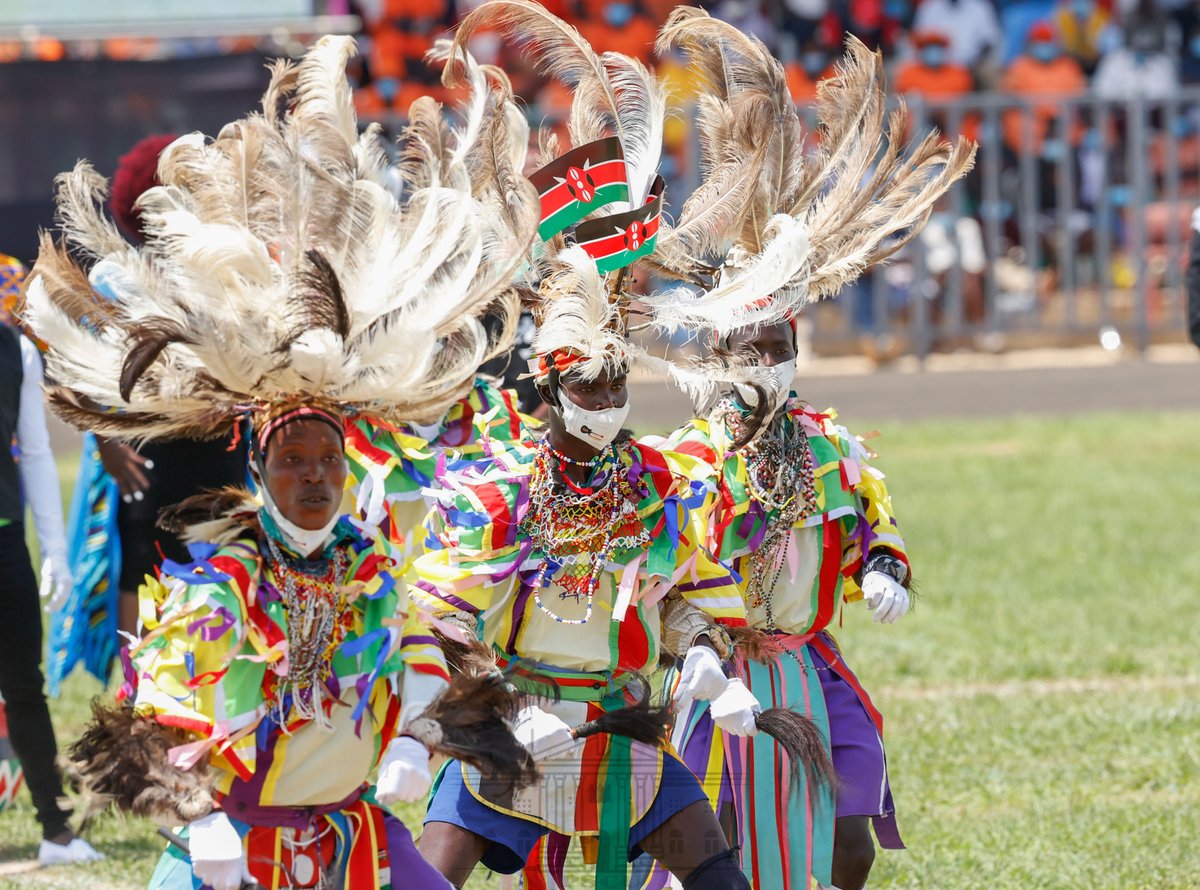
One of the most exciting facts about Madaraka Day is that it is celebrated worldwide in Kenya and by Kenyan diaspora communities. Kenyans living abroad organize various events and gatherings to mark this special occasion, showcasing their national pride and solidarity with their homeland.
On Madaraka Day, Kenyans showcase their cultural diversity through traditional attire and performances. People wear vibrant clothing representing different tribes and ethnic groups, adorned with colourful jewellery and accessories. Traditional dances, songs, and performances occur throughout the country, allowing Kenyans to celebrate their rich cultural heritage.
Madaraka Day is also an opportunity for Kenyans to reflect on their journey as a nation. The day is often marked by speeches and addresses from political leaders, highlighting the progress made since gaining independence and outlining the future goals and aspirations of the country. It serves as a time for introspection and reaffirming national values and aspirations.

Technology has played a significant role in enhancing Madaraka Day celebrations in recent years. The widespread use of social media platforms allows Kenyans to connect and share their Madaraka Day experiences and celebrations. People use hashtags, create online forums, and share photos and videos, fostering a sense of national unity and pride.
Lastly, Madaraka Day is celebrated in Kenya and has become a tourist attraction. Visitors worldwide flock to Kenya during this period to witness and participate in the festivities. They experience Kenya's rich cultural heritage, interact with the local communities, and gain a deeper understanding of the country's history and aspirations.

